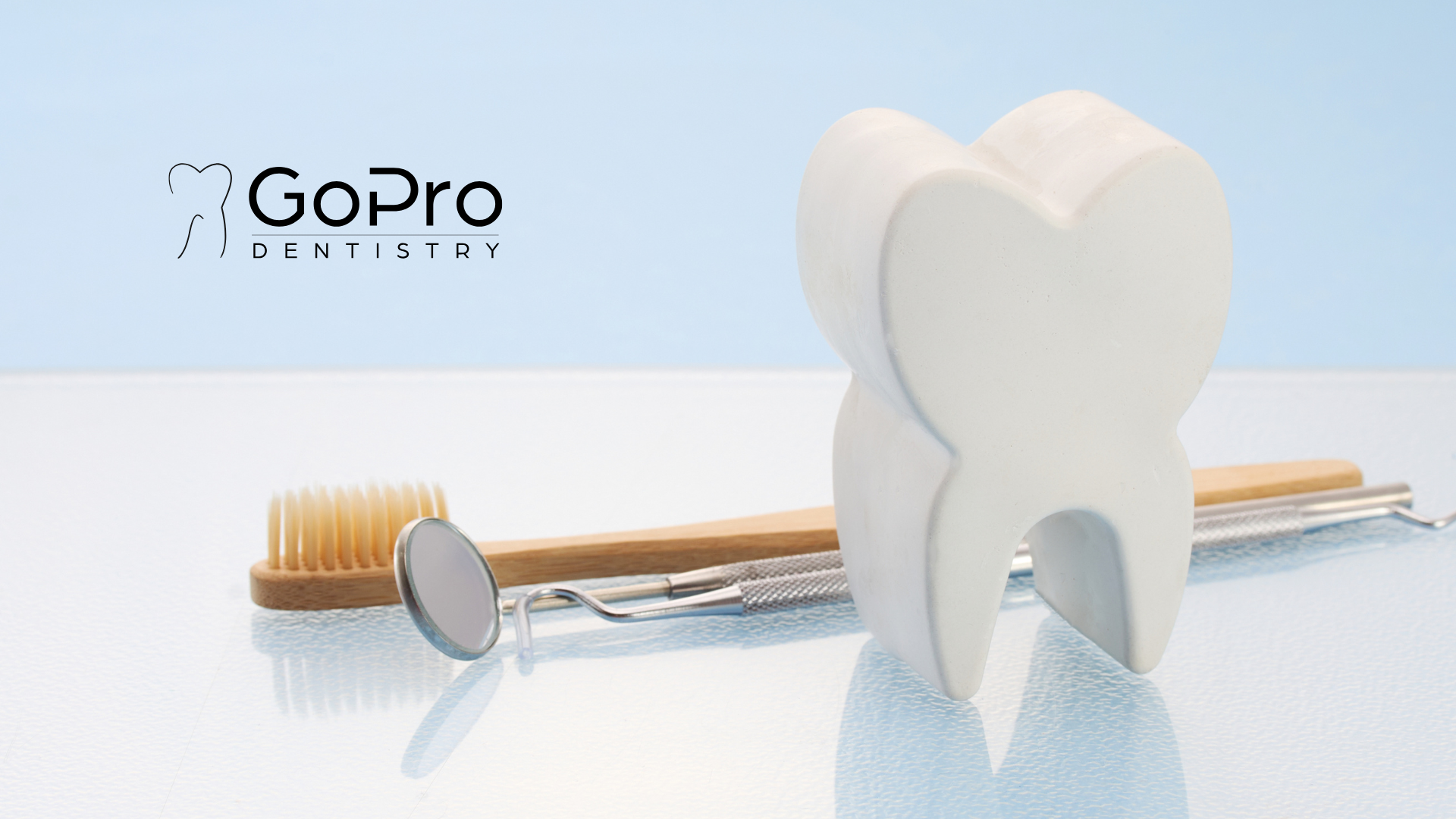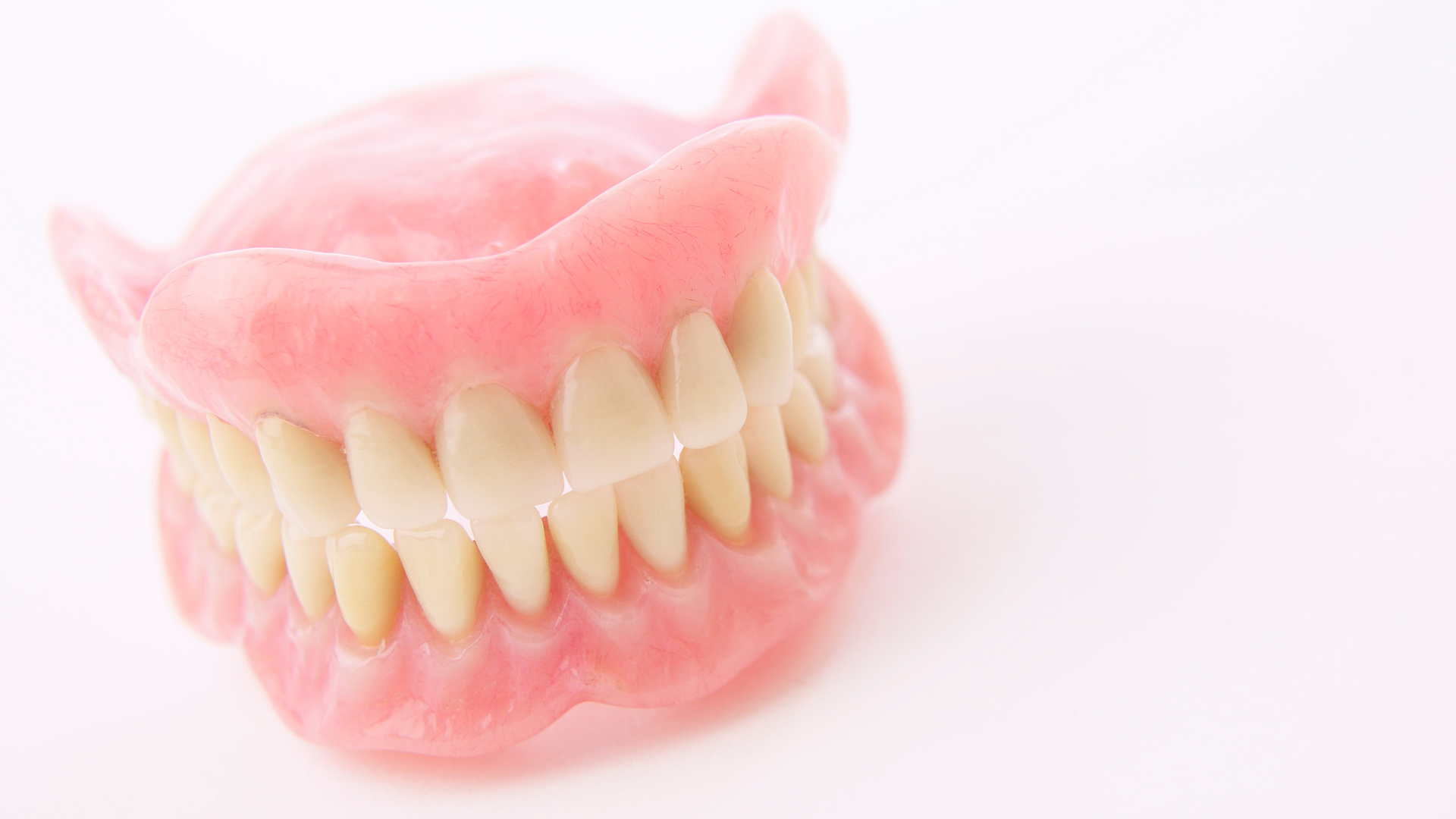How Long Does a Root Canal Take? Understanding the Procedure and Time Frame
Experiencing tooth pain? A root canal might be your dentist's recommendation. This article covers everything you need to know about the duration of a root canal procedure, factors that can influence it, and tips to ensure a smooth recovery.
What is a Root Canal?
A root canal is a dental procedure aimed at treating infection at the center of a tooth (the root canal system). It involves removing the infected or damaged pulp, cleaning and disinfecting the canal, and then filling and sealing it to prevent further infection.
What Causes a Tooth to Get Infected?
Tooth infections are typically caused by:
- Decay: Deep cavities allow bacteria to reach the inner pulp.
- Cracks and Chips: These can expose the pulp, allowing bacteria to enter and cause infection.
- Dental Procedures: Frequent or recent procedures on a tooth may lead to infection.
- Trauma: Impact trauma can damage the tooth’s nerve, eventually leading to decay or infection even if there are no visible cracks.
Understanding the causes can help in preventing future infections and maintaining overall dental health.
Signs You May Need a Root Canal
Recognizing the signs that may indicate the need for a root canal is key to addressing dental issues before they worsen. Here are some common symptoms:
- Persistent Pain: Ongoing pain in your tooth that might affect your jaw, face, or other teeth is a significant indicator. This pain can persist regardless of eating or application of pressure.
- Sensitivity to Heat and Cold: A lingering toothache when eating hot or cold foods can suggest nerve damage or infection that might require a root canal.
- Tooth Discoloration: A tooth that has become darker compared to surrounding teeth might indicate underlying damage to the internal tissue, often due to infection.
- Swollen Gums: Swollen or tender gums around a tooth can be a sign of inflammation linked to an infection deep within the roots of the tooth.
- Prolonged Sensitivity: If the sensitivity to heat or cold lasts for an extended period even after the source is removed, it can be a sign of nerve damage or decay that may necessitate a root canal.
- Chipped or Cracked Tooth: Trauma to a tooth can create pathways for bacteria to enter and infect the pulp, leading to pain and possibly requiring a root canal treatment.
- Pain on Touch or Chewing: If a specific tooth hurts when you touch it or while chewing, this is a strong indication that there might be damage or infection deep within the tooth.
How Long Does the Procedure Take?
Typical Duration
The duration of a root canal depends on several factors, but typically, the procedure takes between 30 minutes to 2 hours. This time frame can vary depending on the complexity of the case and the specific tooth involved.
Factors Affecting Duration
- Tooth Location: Molars are more complex due to multiple canals, so treatment can take longer than incisors.
- Severity of Infection: Extensive infections might require additional time for cleaning and disinfection.
- Anatomical Challenges: Unusual root canal shapes or curvatures can extend the duration of the procedure.
How is a Root Canal Performed?
Step-by-Step Guide to the Root Canal Procedure
- X-ray – To determine the shape of the root canals and assess for signs of infection in the surrounding bone.
- Anesthesia – Local anesthesia is administered to numb the area and ensure comfort.
- Pulpectomy – An opening is made and the diseased tooth pulp is removed.
- Cleaning and Shaping – The canals are cleaned, enlarged, and shaped.
- Filling – The canals are filled with a permanent material, often gutta-percha.
- Sealing – The opening in the tooth is sealed with a temporary filling until restoration.
How Long to Recover from a Root Canal?
Recovery after a root canal is generally quick, with most patients resuming normal activities within 24 hours. Complete healing and absence of sensitivity might take a few days to a week. Following your dentist’s instructions will help minimize discomfort and expedite recovery.
Tips for Oral Health After a Root Canal
Maintaining oral health after a root canal is crucial for the longevity of the tooth and overall dental health. Here are some tips:
- Good Oral Hygiene: Brush twice a day, floss daily, and consider using an antibacterial mouthwash to reduce bacteria.
- Avoid Hard Foods: Shortly after your procedure, eat soft foods to avoid pressure on the newly treated tooth.
- Regular Dental Visits: Follow up with your dentist for a permanent restoration of the tooth and regular check-ups.
- Wear a Nightguard if Advised: If you have bruxism (teeth grinding), wearing a nightguard can protect your teeth and the new dental work.
How Successful is Root Canal Treatment?
Root canal therapy is a highly effective procedure aimed at saving teeth that would otherwise need to be extracted. Understanding its success rate can help alleviate any concerns about the procedure. Here are key points highlighting the effectiveness of root canal treatment:
Success Rates
Root canal treatments boast a high success rate, with studies showing more than a 95% success rate in many cases. The effectiveness of the treatment depends on several factors, including the extent of the infection and the treatment technique.
Factors Influencing Success
- Severity of Infection: The more extensive the infection, the more challenging it can be to completely clean and disinfect the tooth, which can affect the success of the treatment.
- Quality of the Procedure: The skill and experience of the dentist or endodontist, along with the techniques and tools used, play a significant role in the success of a root canal.
- Post-Treatment Care: Proper sealing and timely placement of a crown or other restoration after the root canal treatment are crucial to prevent reinfection and ensure long-term success.
Longevity of Root Canal Treatments
With proper care, a tooth that has undergone root canal therapy can last as long as other natural teeth. Regular dental checkups and good oral hygiene are essential to maintain the health and function of the tooth.
Retreatment
In cases where a root canal fails, retreatment is often possible and can be successful. During retreatment, the tooth is reopened, the filling materials are removed, and the canal is cleaned and filled again.
Conclusion
While a root canal can be daunting, understanding what to expect can ease your anxiety. The procedure might last from 30 minutes to 2 hours, but the relief from pain and the preservation of your tooth health are well worth it. Consult with your dentist to get a more accurate estimate based on your specific situation.
Frequently Asked Questions (FAQs)
Is a root canal painful?
Modern techniques and anesthesia make root canals relatively painless.
How long is the recovery period?
Most patients return to their normal activities the next day, but complete healing may take a few days.
Can I eat immediately after a root canal?
It's best to wait until the numbness wears off to prevent biting your cheek or tongue.










